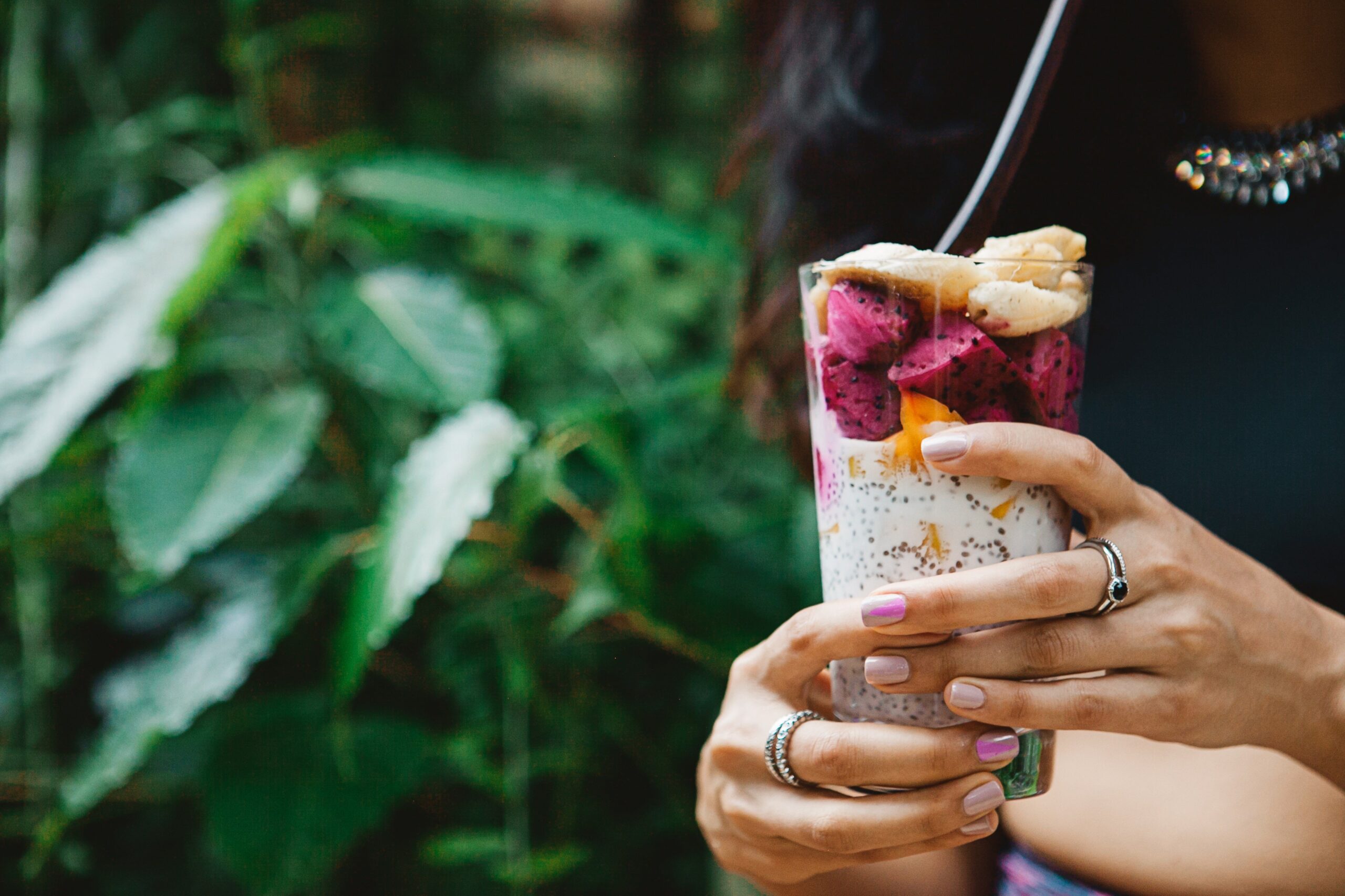Probiotics are live bacteria that occur naturally in fermented foods. They’re also added to food supplements.
The bacteria used in probiotics is often referred to as “good” bacteria and is thought to help balance the gut – especially after illness. Probiotics are considered food supplements rather than medicines, but the NHS sometimes recommends them for digestive symptoms like diarrhoea.
Sometimes, a probiotic supplement will be labelled as “probiotic complex”. All this means is that the supplement contains multiple strains of live bacteria, rather than just one or two. Sometimes these products are labelled as “multi-strain” or “advanced” probiotic complex.
What does a probiotic complex supplement contain?
There are two main categories of “good” bacteria used in probiotic supplements: lactic acid bacteria (LAB) and bifidobacteria.
A probiotic complex supplement might contain a few different types of bacteria within those categories. It might also contain some other types of bacteria, such as streptococcus thermophilus.
Along with live bacteria, probiotic supplements might contain some essential nutrients, like B vitamins, or some additional ingredients said to be beneficial for gut health.
Is probiotic complex suitable for vegetarians?
Probiotic complex supplements should be suitable for vegetarians and/or vegans, as they generally aren’t made using animal products. If you have any dietary restrictions, just make sure you check the ingredients on the label first. Especially on capsule supplements as these can contain gelatine which isn’t always suitable for vegetarians or vegans.
How to take probiotic complex
Most probiotic complex supplements come as a capsule or tablet, designed to be swallowed with a liquid. Others might come as a powder that you mix into smoothies or drinks.
Usually you’ll just need one dose a day e.g. one capsule or serving of powder. It’s important not to have more than recommended on the pack.
Remember: food supplements should be taken as part of a healthy lifestyle. The NHS recommends following a healthy, varied, and balanced diet and doing regular exercise. No matter how packed they are with vitamins and minerals, you should never use food supplements as a substitute for a good diet!
For more guidance about eating healthily, check out the NHS Eatwell Guide.
Where to buy probiotic complex
You can order probiotic complex supplements from our website or visit one of our stores to browse our range in person. This type of food supplement is also available from health food shops and supermarkets.
It’s not recommended that you buy supplements or herbal remedies from sources that aren’t regulated e.g. online shops that aren’t registered pharmacies or health food shops.
##product-carousel:nutri-within-bio-cultures-complex-365-capsules,healthaid-kidzprobio-30-vegetarian-tablets,pink-renew-you-probiotic-for-her-50-veggie-caps,bio-kult,healthaid-moodprobio-30-capsules,healthaid-day-vit®-probio-30-tablets##
What are the benefits of probiotic complex?
The NHS recommends that probiotics can be helpful with digestive health, especially if your gut has been disturbed by illness or medication.
Antibiotics can strip the good bacteria from your gut, allowing bad bacteria to thrive. In this context, taking probiotics can help restore balance and prevent symptoms like diarrhoea. Probiotics can also be helpful for reducing symptoms in people with irritable bowel syndrome (IBS).
The specific benefits of probiotic complex (i.e. taking multiple strains of bacteria) are less clear. However, you may find that probiotic complex is a more effective digestive aid than a normal probiotic supplement.
One thing to bear in mind is that probiotics aren’t regulated in the same way as medicines. This means it’s not always easy to guarantee the contents of a probiotic supplement.
Getting probiotics from your food
If you’re interested in trying probiotics but you don’t want to take a supplement, you can try switching up your diet to add in a few new foods.
The good bacteria that’s used in probiotic supplements is also used to make yoghurt – this is what gives it a sour taste. Healthy gut bacteria are also found naturally in fermented foods like kimchi, sauerkraut, and miso.
For a more detailed list of foods rich in probiotics, read our guide to gut health.
References
www.nhs.uk/conditions/probiotics
https://patient.info/digestive-health/irritable-bowel-syndrome-leaflet/probiotics-and-prebiotics
https://lloydspharmacy.com/products/nutri-within-bio-cultures-complex-365-capsules
Source link

Leave a Reply